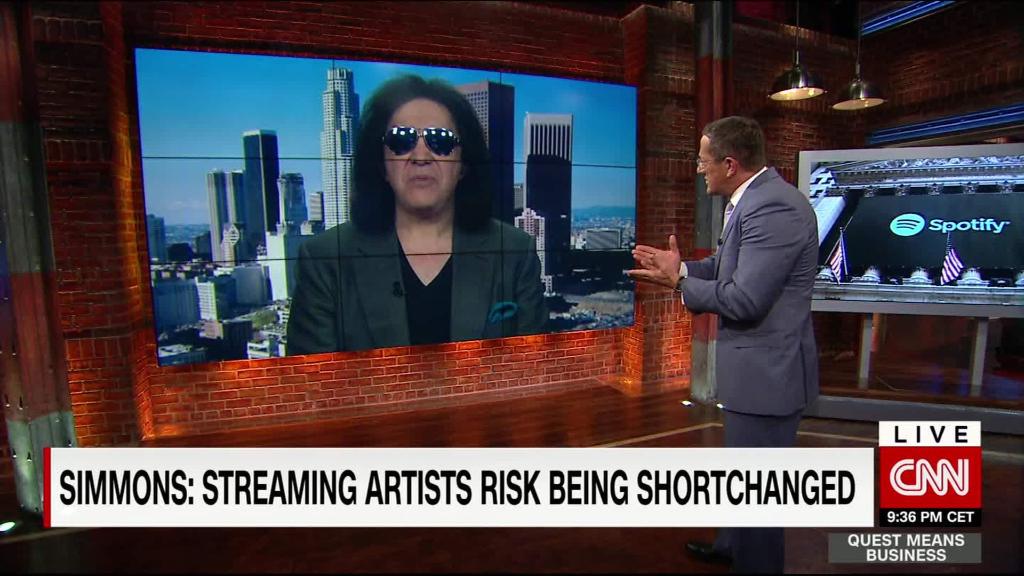
Gibson, an iconic American guitar manufacturer, has filed for bankruptcy.
The company has at least $100 million of debt, and perhaps as much as $500 million, according to paperwork filed in Delaware on Tuesday.
But Gibson still has plans to get back on its feet.
It will liquidate its consumer electronics business, which sells headphones, speakers and accessories, while reorganizing its musical instruments and professional audio business, which has been more stable.
"Gibson will emerge from Chapter 11 with working capital financing, materially less debt, and a leaner and stronger musical instruments-focused platform," the company said in a press release.
The Nashville-based guitar maker was founded in 1894. Its popular Les Paul electric is one of the bestselling guitars of all time, and has been used by famous musicians like Eric Clapton, Jimmy Page, and Pete Townshend.
The company has just under 900 employees, according to court documents.
It also owns famous brands such as Baldwin pianos and Wurlitzer, which is known for its pianos, organs and jukeboxes.
Related: S&P frets over Gibson Guitars' debt problem
Gibson's bankruptcy filing was widely expected.
Earlier this year, Standard & Poor's downgraded Gibson Brands over fears it could default on its debt obligations.
The rating agency said that Gibson continued to deal with the fallout from regulations on imports and exports on rosewood, an important component in many guitars.
Other guitar companies have been struggling, too.
S&P said in a recent report that there's a risk retail chain Guitar Center "may not be able to stabilize operating performance and increase profits to meet its debt obligations."

